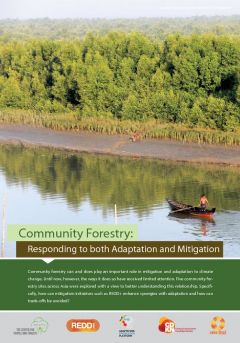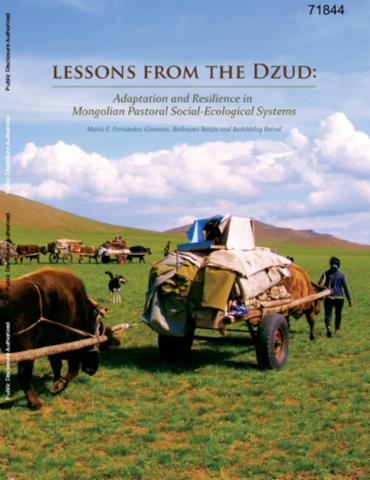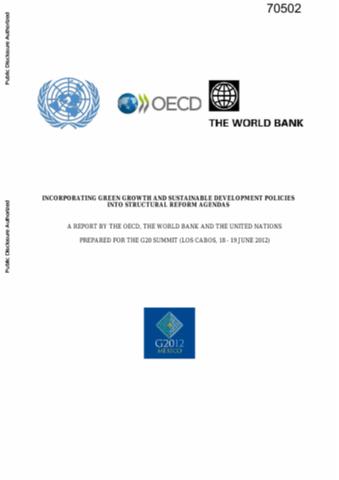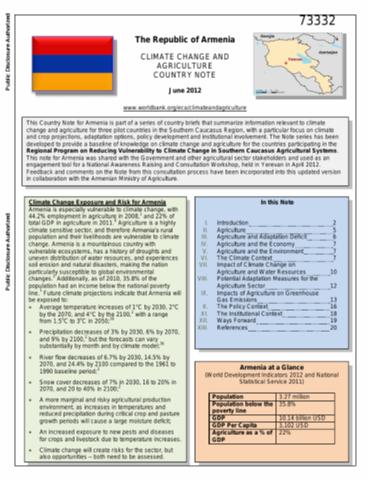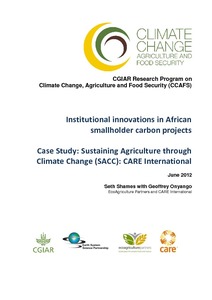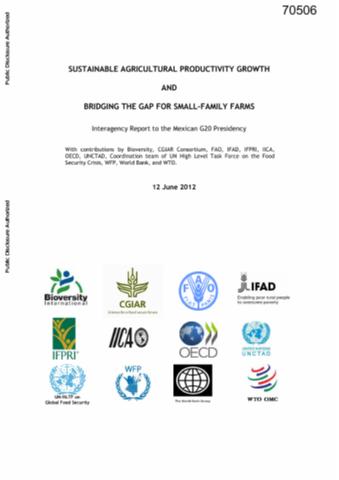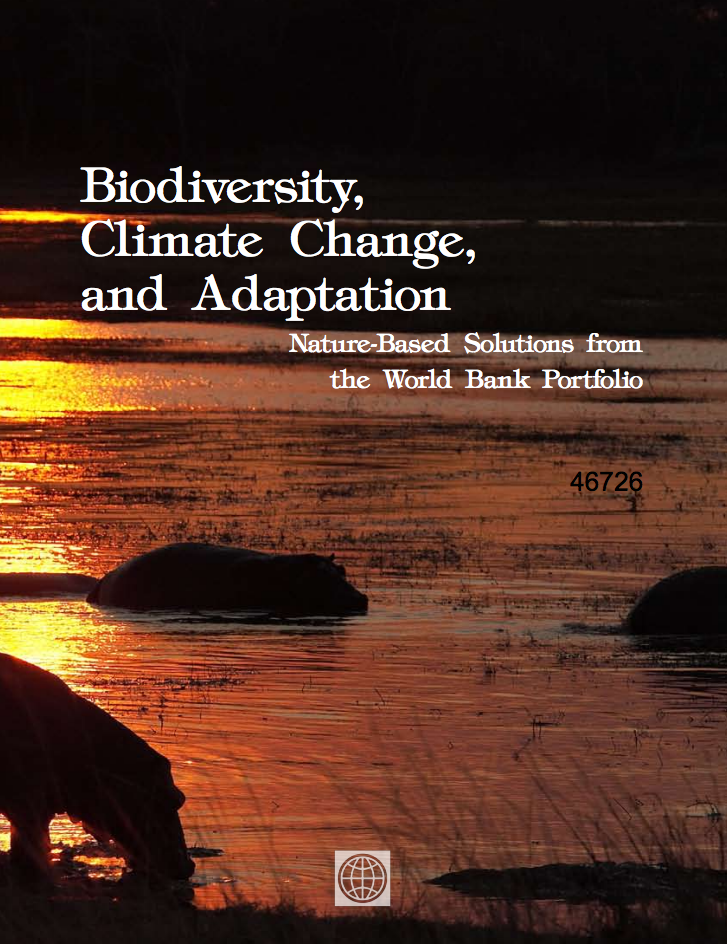Community Forestry: Responding to both Adaptation and Mitigation
Many countries in the region are developing or revising their national climate chage adaptation strategies and it is critical that forest use by communities be considered and included within these plans. At the same time, mitigation activities such as REDD+ have rarely explicitly considered adaptation or the need to develop adaptive capacity (FAO, 2012). This means that valuable opportunities are being missed to ‘couple up’ activities with a goal to achieving results in both areas.

